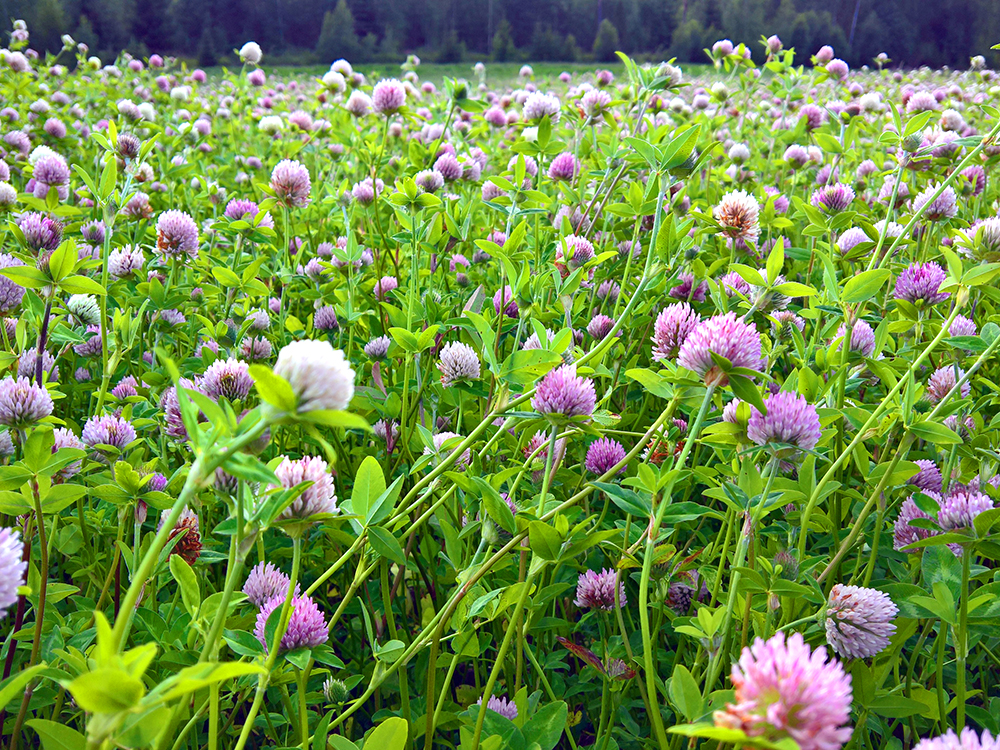Biocode Ltd, Mtech Digital Solutions Ltd, MTK and ProAgria will present Finnish climate-intelligence agriculture solutions at the Grüne Woche Exhibition organised in Berlin on 18–27 January. The presentation’s main focus will be on farm-specific carbon footprint, calculated using the farms’ own data. The carbon footprint is calculated using the Biocode tool which is based on existing farm-specific data in information services’ data banks.
“We have piloted the carbon footprint calculation with dairy farms, and as for the grain chain, with a bakery. Based on our findings, we have established that farms can contribute to climate change control by choices related to arable farming and animal feeding and by effective use of energy,” says Pentti Meriläinen, CEO of Biocode Oy.
“The tool’s real-time view provides immediate data on the effect of altering the farm’s operating methods. On dairy farms, the choice of production methods and solutions, the effectiveness of arable farming and the spread of cultivated field plots have particularly extensive effects. Naturally, the soil type and soil fertility are important as well,” Meriläinen adds.
Farmers appreciate easy access to starting level data
Arvolan Karjapiha Oy took part in the dairy farm pilot. The Vaala-based dairy farm aims at binding production emissions back into the biomass, crops and roots. The data collected during the pilot project will provide viewpoints to the discussion on the topic, which is an important aspect for farmers.
”The results showed our current effect on the climate and made us consider how different operating methods affect it. We have endeavoured for a long time to take into account the circular economy in improving our operating methods and the processes at the farm,” says Jukka Määttä, Arvola Karjapiha entrepreneur.
Grass areas are an effective carbon sink
Well-cultivated grass areas and their deep-growing roots are one of the most important carbon sinks in Finnish agriculture.
“In order to bind carbon and reduce carbon emissions, we need carbon balance measurements and calculations and a view of the timespan required for the changes,” Says Liisa Pietola, MTK’s Head of Environmental Affairs.
Above all, climate-intelligence agriculture means a thoroughly considered entity.
“It involves resource-effective production in which the soil is kept fertile in order to bind carbon and minimise emissions. A growing plant always binds carbon. On the other hand, fertile land emits less greenhouse gases which means that the structure and nutrients of the soil are relevant for good yields and carbon capture. When examining the farm as a whole, renewable energy and energy efficiency, productive and healthy livestock as well as forests are important too,” Pietola says.
Finnish agricultural producers have taken many climate-intelligence measures which are not always thought of as climate control actions.
“We plan our crop rotations with deep rooting crops, fertilisers are placed below soil surface, manure and other organic fertilizers are used for nutrient recycling, soil sampling is used for soil testing to plan fertilization, balanced nutrient use and sustainable soil management with minimum tillage aim at producing good harvests and crop cover, the soil growth potential is improved by water management like drainage and by controlling soil compaction due to high axle loads of machinery by douple wheels”, says Pietola summing up some of the good operating methods.
Further information
Pentti Meriläinen, CEO, Biocode Oy, tel. +358 40 589 8860, pentti.merilainen@biocode.fi
Liisa Pietola, Head of Environmental Affairs, MTK, tel. +358 50 438 4014, liisa.pietola@mtk.fi
Jukka Määttä, dairy producer and entrepreneur, tel. +358 40 594 6964, jukka.maatta@vaala.net
Suvi Anttila, Communication and Marketing Director, ProAgria, tel. +358 40 560 8551, suvi.anttila@proagria.fi
www.biocode.fi/en , www.mtk.fi , www.proagria.fi/en
